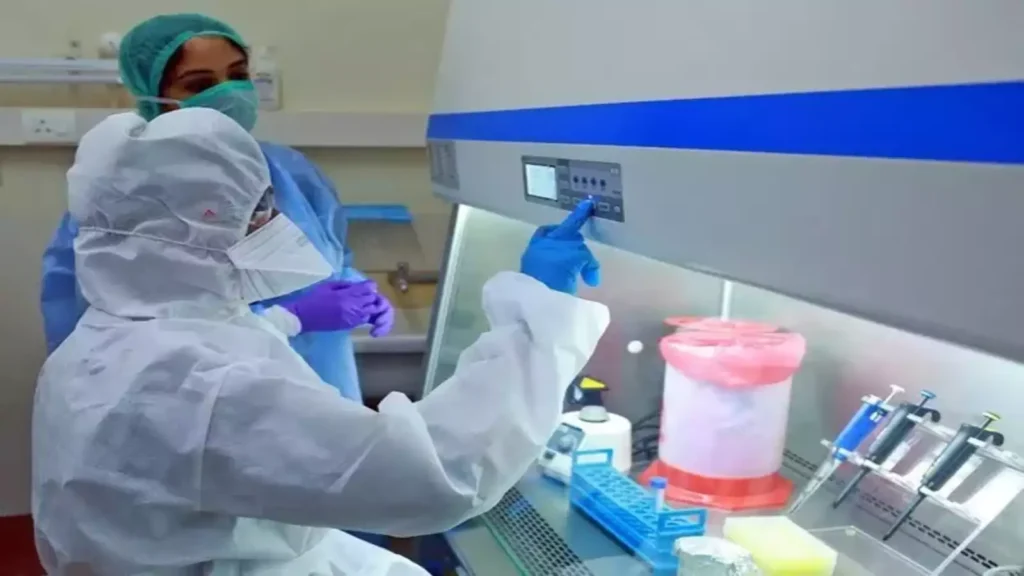
A recent study by the Indian Council of Medical Research (ICMR) has shed light on a pressing healthcare challenge in India: surgical site infections (SSI). The findings reveal that India’s SSI rate is notably higher than that of many high-income countries, raising concerns over post-operative care standards and infection control measures in the nation.
Surgical site infections are among the most common complications following surgery, often resulting from contamination during or after a procedure. According to the ICMR study, over 6% of surgeries in India result in SSIs, a figure significantly higher than the 2-4% average reported in wealthier nations. This disparity highlights the urgent need for enhanced hygiene protocols and stricter adherence to global best practices in Indian healthcare facilities.
The study analyzed data from hospitals across the country, considering factors such as surgical methods, hospital hygiene, patient immunity, and the use of prophylactic antibiotics. It also noted that patients in low-resource settings face a higher risk of infection due to inadequate sterilization practices and limited access to advanced post-operative care.
Experts emphasize that addressing India’s high SSI rate requires a multi-faceted approach. Hospitals must prioritize infection prevention strategies, including routine audits, improved sterilization techniques, and better surgical protocols. Moreover, raising awareness among healthcare professionals about the judicious use of antibiotics can help combat antibiotic resistance, a growing threat in managing infections effectively.
While the study points to challenges, it also highlights opportunities for improvement. India’s healthcare system has made strides in recent years, and with focused interventions, the burden of surgical site infections can be significantly reduced. Strengthening infection control programs, improving access to quality healthcare infrastructure, and fostering collaborations with global health organizations can pave the way for better patient outcomes.
As the ICMR study draws attention to this critical issue, it serves as a call to action for all stakeholders in the healthcare ecosystem. With concerted efforts, India can aim to bridge the gap and ensure safer surgeries for its citizens.








